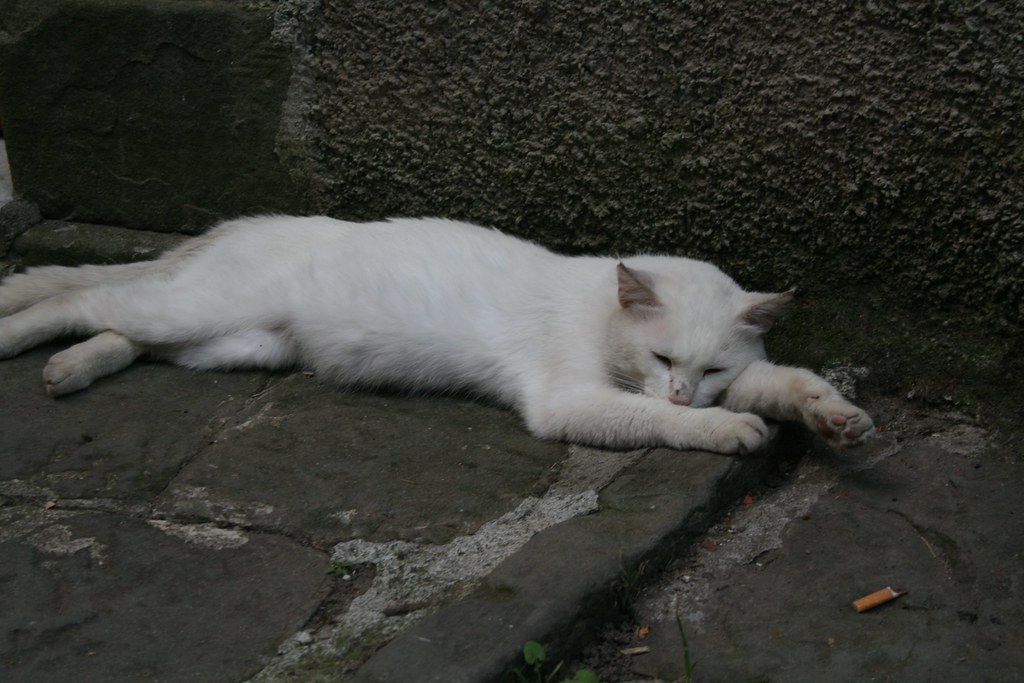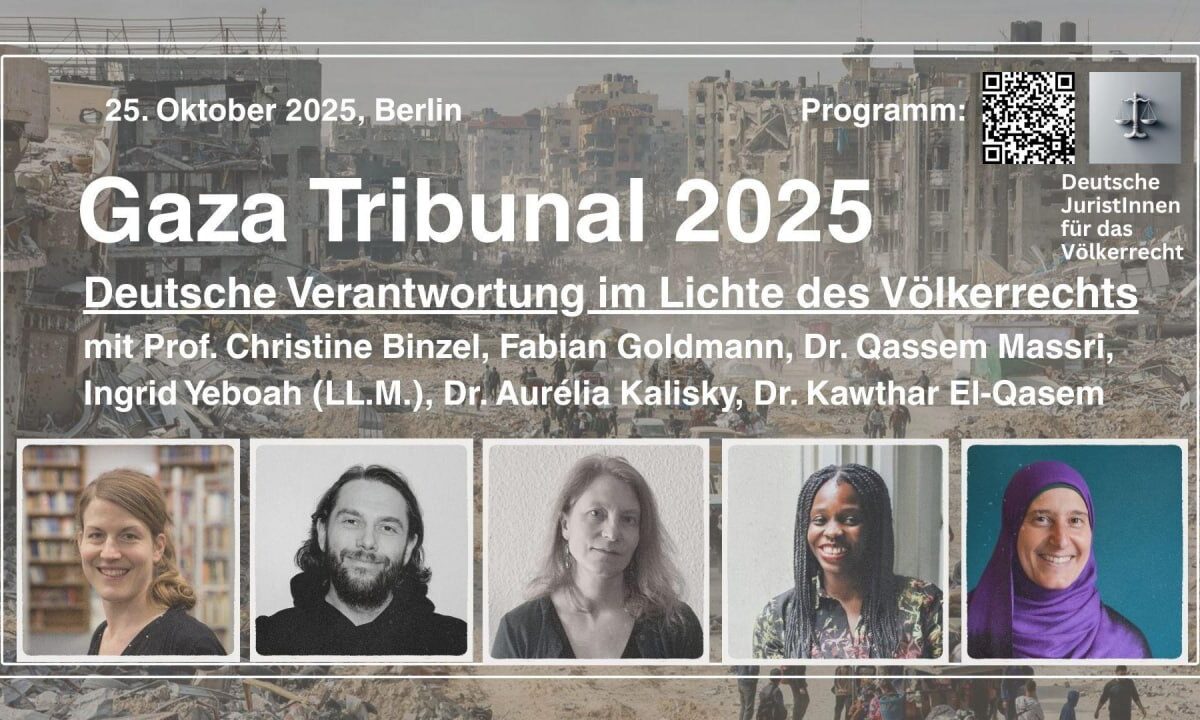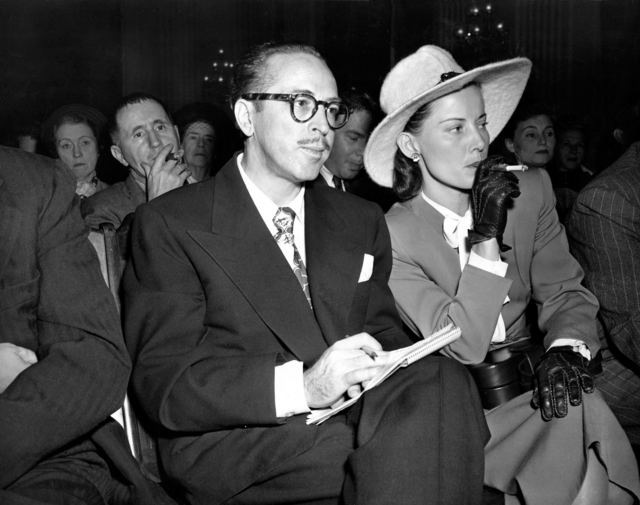This is the second of a series of creative fiction pieces featuring voices from Gaza.
It was never easy to hear the sound of death and remain strong, as I always tried to be. The sound of death hisses like a serpent; it coils around your soul in terror simply by existing. I know snakes well, but seeing them fly through the sky is a horror I never imagined.
The war began, and my strength began to unravel. Death’s whistle echoed through the streets, chilling to the bone. I pretended to be brave so my children could feel safe. But it was never real safety—only counterfeit courage, the only fragile shield we had. I didn’t want my children to die a thousand times from fear.
You can see death, but I had never heard it until the fiftieth day of this war. I remember it vividly. A missile hissed overhead before crashing into my kind neighbors’ home. They died without ever hearing it. They died once, but we died twice: once from the sound, once from the fear.
When the noise faded, I saw my little boy running in all directions, panic written across his face. I knew what he was searching for. His fear for his things mirrored my fear for mine—my children. His cat was his treasure. When he finally found her, I watched his features soften as he gently stroked her back, like a father comforting his child.
“We have to run, Dad,” he whispered with a sorrow older than his years. “The cat will die.”
All the neighborhood cats were starving—except for his. He guarded her like an orphaned child. I don’t recall a single night she went to bed hungry. That’s the power of friendship; it can rival love. Love may die with betrayal, but true friendship resists even that. My son was a faithful friend to his cat.
That day, we had to leave our loyal home—the home that loved us more than itself. You can see love in the eyes of those who protect you. Our home sheltered us from a missile once, absorbing its death with a final smile. It let itself shatter so we could survive the cruelty of war.
We fled to a place that felt nothing like us. Everything there was harsh, harsh like death. To be displaced from your home is a slow dying. You keep breathing, but every breath feels tighter, every day more grief-ridden. I came to understand: not all killing ends in death. Some deaths keep you breathing while your loved ones vanish.
The hardest loss was a friend I made in the camp. Every evening we’d gather behind our tents—tents like prison sheets—talking about a homeland lost in a blink, remembering laughter that had become sadness soaked in shame. We lined up for water, our lives reduced to a queue.
He had survived a bombing, only he and his blind mother. He had lost his entire family in a single moment. Yet he laughed. And I would wonder: how can he laugh with so much grief in his heart?
When he died, I understood. He was laughing his way out of this world; the world that mourns a single flower but stays silent as a nation dies. His soul was already on its way to join his wife and children. That was his secret.
He died without resistance, completely content. An airstrike hit a car near him. The pilot didn’t care who else would die; he just wanted revenge. But he only gifted my friend the reunion he longed for. In the language of love, my friend had won.
When I got the news, I did not tell his mother. I stayed by her side, serving her quietly. One night, she called out for him. I rushed over.
“He’s gone,” she sobbed.
“No, he’s not,” I lied.
“Don’t lie to me,” she said firmly. “I’m blind, but I see with a mother’s heart. He kisses me every night. You don’t.”
She was right. Two nights later, she joined her family in heaven. Her passing was as bitter as war.
The next morning, my son told me his cat had stopped eating. She was sick and frail. His voice broke my heart. I tried to soothe him: “Maybe she didn’t like the food.”
“But it’s the same food she always eats!”
“Maybe she didn’t sleep well.”
He nodded, knowing I was evading the truth.
Cats, like people, fall ill when torn from home. Our house was hers too. To lose your home is to suffer twice.
The next day, my wife was baking bread. She grabbed some torn papers to light the oven; they were my handwritten manuscript. I had written my story by candlelight, powerless without electricity. I stared at the flames devouring my heart’s ink. My wife looked horrified. I smiled bitterly and said, “Don’t worry. Bread feeds them more than my words. Writing is a long poverty.”
Later at the market, I met an old man with a water jug. I helped him carry it. He had no one left—only his sick wife. She lay under a thin sheet, devoured by illness. I rushed home, grabbed our mattress and warm blanket, and gave them to him. It was enough for two. When they lay down, I felt like my parents had finally found rest.
The next morning, my phone rang. War changes even the sound of a ringtone; it felt like a trumpet announcing doom. I prayed for good news. God did not answer. My brother was sobbing. My uncle, his wife, and their children were buried under rubble.
He had refused to flee. He knew the safest place was not on earth—it was above. I closed the call, my heart screamed silently. In this war, there are no goodbyes. Only brief sorrows waiting for the next.
I went back to the market carrying the weight of death, and returned with food—the price of surviving another day in this slow death. We dream of a better way to die. Being crushed under rubble is terrifying. I wondered: did my uncle’s family die fast or slow? I hoped it was fast. Dying slowly means dying a thousand deaths—of fear, waiting, and pain.
I slammed the door on memory. That is the only way to survive here. Painful memories must be shut out forcefully. They don’t fade on their own. We are all dead here. The difference is who can still walk.
When I returned, I saw my son crying. His sorrow filled the air, a child’s grief darkens the world. There is treasure in a child’s heart—pure, healing innocence. His tears burned like fire. I knew what had happened.
The cat was gone.
“She died, Daddy,” he said in a broken voice before dissolving into sobs..
I held him in silence. Sometimes, silence is the only funeral prayer.
The cat, like us, hated exile. Home is not where you live; it is what lives inside you. And when a homeland is crushed, so are the souls that loved it.




